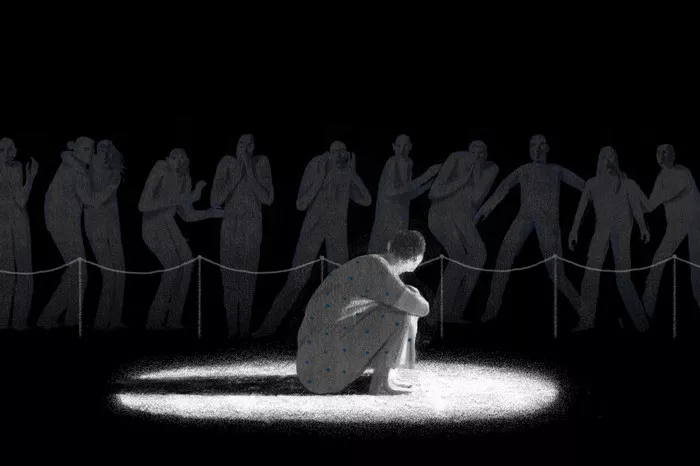FAQs
Is depression a reason to miss work?
Yes, depression can be a valid reason to miss work. Depression is a serious mental health condition that can significantly impair one’s ability to function effectively at work. Employers often recognize that mental health is just as important as physical health. If depression is affecting your ability to work, it is important to speak to your employer and seek professional help.
Can you get time off work if you’re depressed?
Yes, you can get time off work if you’re depressed. Many employers offer mental health days or allow for sick leave to address mental health issues. Additionally, under laws such as the Americans with Disabilities Act (ADA) and the Family and Medical Leave Act (FMLA) in the United States, you may be entitled to take leave for mental health reasons, including depression.
Can I leave work if I’m depressed?
Yes, you can leave work if you’re feeling depressed. It is important to prioritize your mental health and recognize when you need a break. Communicate with your employer about your situation, and they may offer support such as a temporary leave of absence, adjustments to your work duties, or other accommodations to help manage your condition.
Related topics:
- ADHD Testing: Understanding the Process & Potential Outcomes
- How to Calm Down When You Have Anxiety?
- 4 Effective Strategies for Relief and Manage Anxiety


